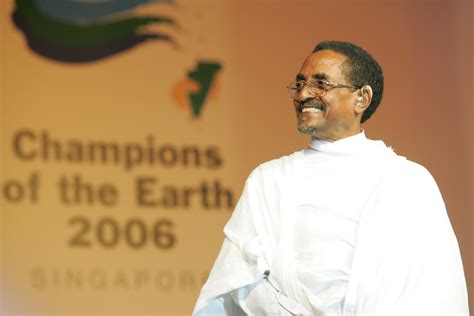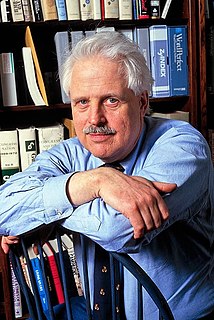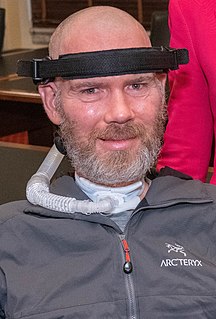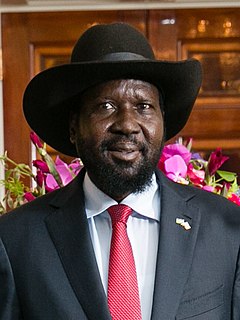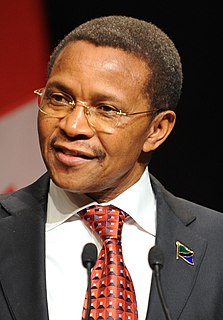A Quote by Tewolde Berhan Gebre Egziabher
The Nuffield report suggests that there is a moral imperative for investment into GM crop research in developing countries. But the moral imperative is in fact the opposite. The policy of drawing of funds away from low-cost sustainable agriculture research, towards hi-tech, exclusive, expensive and unsafe technology is itself ethically questionable. There is a strong moral argument that the funding of GM technology in agriculture is harming the long-term sustainability of agriculture in the developing world.
Quote Topics
Agriculture
Argument
Away
Cost
Countries
Crop
Developing
Developing Countries
Developing World
Drawing
Exclusive
Expensive
Fact
Funding
Funds
Harming
Hi
Imperative
In Fact
Investment
Itself
Long
Long-Term
Low
Low-Cost
Moral
Opposite
Policy
Questionable
Report
Research
Strong
Sustainability
Sustainable
Sustainable Agriculture
Tech
Technology
Term
Towards
Unsafe
World
Related Quotes
Agriculture is not crop production as popular belief holds - it's the production of food and fiber from the world's land and waters. Without agriculture it is not possible to have a city, stock market, banks, university, church or army. Agriculture is the foundation of civilization and any stable economy.
Certain elements of today's ecological crisis reveal its moral character. First among these is the indiscriminate application of advances in science and technology. Many recent discoveries have brought undeniable benefits to humanity. Indeed, they demonstrate the nobility of the human vocation to participate responsibly in God's creative action in the world. Unfortunately, it is now clear that the application of these discoveries in the fields of industry and agriculture have produced harmful long-term effects.
Women have an important role in agriculture. We need to introduce technology, which will help us harness the potential of women in agriculture. We need to divide the agriculture sector into three parts- regular farming, farming of trees and animal husbandry. If we are able to do this, the contribution of our women will increase even more.
A tension has always existed between the capitalist imperative to maximize efficiency at any cost and the moral imperatives of culture, which historically have served as a counterweight to the moral blindness of the market. This is another example of the cultural contradictions of capitalism - the tendency over time for the economic impulse to erode the moral underpinnings of society. Mercy toward the animals in our care is one such casualty.
